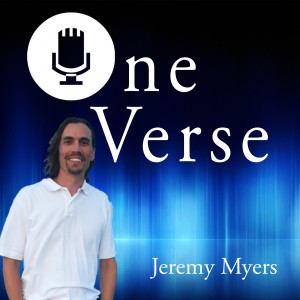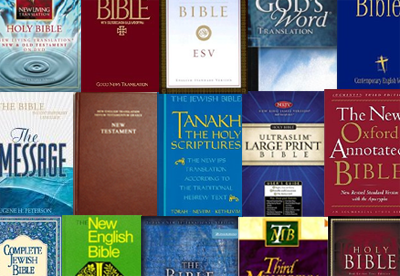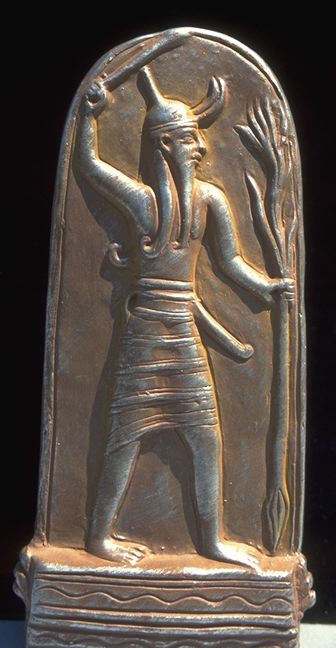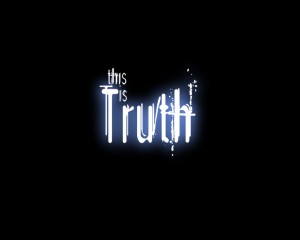 Many ancient religions were focused around the worship of the sun, moon, and stars. Annual religious holidays and festivals were often guided by the length of the days and the movements of the sun. The twelve months of the year are based upon the waxing and waning of the moon. Even the names of our weekdays are named after certain celestial bodies.
Many ancient religions were focused around the worship of the sun, moon, and stars. Annual religious holidays and festivals were often guided by the length of the days and the movements of the sun. The twelve months of the year are based upon the waxing and waning of the moon. Even the names of our weekdays are named after certain celestial bodies.
So it is no surprise that when Moses sets out to differentiate the worship of Yahweh from the various religions of his day, he specifically targeted the worship of the sun, moon, and stars. This is what we see today in our second look at Genesis 1:14-19.
This is Part 2 of our 3 Part look at Genesis 1:14-19. Previously, we saw on the fourth day of creation, Moses was not writing a scientific account of how the sun, moon, and stars came into existence.
Today, we see what Moses was writing, which was a polemic against the religious beliefs and practices of his day. Specifically, Moses wanted the Israelites to see that Yahweh was different and better than the gods of Egypt, the gods of Babylon, and the gods of Canaan. This truth was important for the Hebrew people to understand for they were coming from Egypt, were headed toward Canaan, and had been influenced by the beliefs and practices from Babylon. In fact, that region is where their forefather Abraham came from!
So they needed to know who Yahweh was, whether or not He could be trusted, and why they should serve and worship Him alone. You and I have similar questions, which is why today’s study is so important.

The Text of Genesis 1:14-19
Genesis 1:14-19. Then God said, “Let there be lights in the firmament of the heavens to divide the day from the night; and let them be for signs and seasons, and for days and years; and let them be for lights in the firmament of the heavens to give light to the earth”; and it was so.
Then God made two great lights: the greater light to rule the day, and the lesser light to rule the night. He made the stars also. God set them in the firmament of the heavens to give light on the earth and to rule over the day and over the night, and to divide the light from the darkness. And God saw that it was good.
So the evening and the morning were the fourth day.
In this discussion of Genesis 1:14-19 we look at:
- How Genesis 1:14-19 is a polemic against the religions of Moses’ day.
- How Yahweh is superior to the Canaanite chief deity, El.
- Why “Elohim” is not a reference to the Trinity.
- How Moses sets Yahweh above the Babylonian god Marduk.
- How Moses shows that Yahweh is superior to the Egyptian sun god.
Resources:
- Theology.fm – Helping you and your Theology Look Like Jesus
- Connect with Jeremy on Facebook
- Connect with Jeremy on Twitter
- Hasel Article on Genesis 1
- Johnston Article on Genesis 1
- Miller and Soden, In the Beginning – Amazon or CBD
- Walton, Zondervan Illustrated Bible Backgrounds – Amazon or CBD
- Subscribe and Leave a Review on iTunes
Downloadable Podcast Resources
Those who are part of my online discipleship group may download the MP3 audio file for this podcast and view the podcast transcript below.
You must join a discipleship group or login to download the MP3 and view the transcript.
Thanks for visiting this page ... but this page is for Discipleship Group members.
If you are already part of a Faith, Hope, or Love Discipleship Group,
Login here.
If you are part of the free "Grace" Discipleship group, you will need to
Upgrade your Membership to one of the paid groups.
If you are not part of any group, you may learn about the various groups and their benefits here:
Join Us Today.

Do you like learning about the Bible online?
Do you like learning about Scripture and theology through my podcast? If so, then you will also love my online courses. They all have MP3 audio downloads, PDF transcripts, quizzes, and a comment section for questions and interaction with other students.
If you want to deepen your relationship with God and better understand Scripture, take one (or all) of these courses. They are great for personal study or for a small group Bible study.
You can see the list of available courses here, and if you join the Discipleship group, you can take all the courses at no additional cost. Go here to learn more and join now.
![[#12] Genesis 1:14-19 (Part 2) – The Sun, Moon, and Stars are not Gods](https://redeeminggod.com/wp-content/uploads/2015/09/One-Verse-Podcast-Jeremy-Myers-150x150.jpg)


 I was glad that the podcast host pushed back a little bit by asking if the pastor saw any difference between “what the Bible says” and “our understanding of what the Bible says.” The pastor said he did see a difference, but then went on to show by the rest of his comments that he didn’t. He basically said that how he understood the Bible was what the Bible clearly teaches because he lets the Bible and the Bible alone inform his theology, and anybody who disagreed with him was just following their own human understanding of the text imposing their own theology on the text of the Bible.
I was glad that the podcast host pushed back a little bit by asking if the pastor saw any difference between “what the Bible says” and “our understanding of what the Bible says.” The pastor said he did see a difference, but then went on to show by the rest of his comments that he didn’t. He basically said that how he understood the Bible was what the Bible clearly teaches because he lets the Bible and the Bible alone inform his theology, and anybody who disagreed with him was just following their own human understanding of the text imposing their own theology on the text of the Bible.
 In fact, there is not even a consensus on how to decide which variant readings are the best. There are two main approaches to the Greek texts, which can be found in the NA/UBS Text and the Majority Text. While the vast majority of scholars today prefer the approach found in the NA/UBS Text, a large number of scholars prefer the approach of the Majority Text. I won’t get into the differences here, because it would bore you to tears. In case you are curious, however, I
In fact, there is not even a consensus on how to decide which variant readings are the best. There are two main approaches to the Greek texts, which can be found in the NA/UBS Text and the Majority Text. While the vast majority of scholars today prefer the approach found in the NA/UBS Text, a large number of scholars prefer the approach of the Majority Text. I won’t get into the differences here, because it would bore you to tears. In case you are curious, however, I 
 And on and on and on …
And on and on and on … Genesis 1:11-13. Then God said, “Let the earth bring forth grass, the herb that yields seed, and the fruit tree that yields fruit according to its kind, whose seed is in itself, on the earth”; and it was so. And the earth brought forth grass, the herb that yields seed according to its kind, and the tree that yields fruit, whose seed is in itself according to its kind. And God saw that it was good. So the evening and the morning were the third day.
Genesis 1:11-13. Then God said, “Let the earth bring forth grass, the herb that yields seed, and the fruit tree that yields fruit according to its kind, whose seed is in itself, on the earth”; and it was so. And the earth brought forth grass, the herb that yields seed according to its kind, and the tree that yields fruit, whose seed is in itself according to its kind. And God saw that it was good. So the evening and the morning were the third day. 


 Or take prophecy. Are prophetical statements about future events true? Well, they do reveal divine intent, and since God can bring about what He intends, we could say that prophetical statement are more true than the statements about any human intent, but again, are statement about future historical events actually true before they occur?
Or take prophecy. Are prophetical statements about future events true? Well, they do reveal divine intent, and since God can bring about what He intends, we could say that prophetical statement are more true than the statements about any human intent, but again, are statement about future historical events actually true before they occur? 